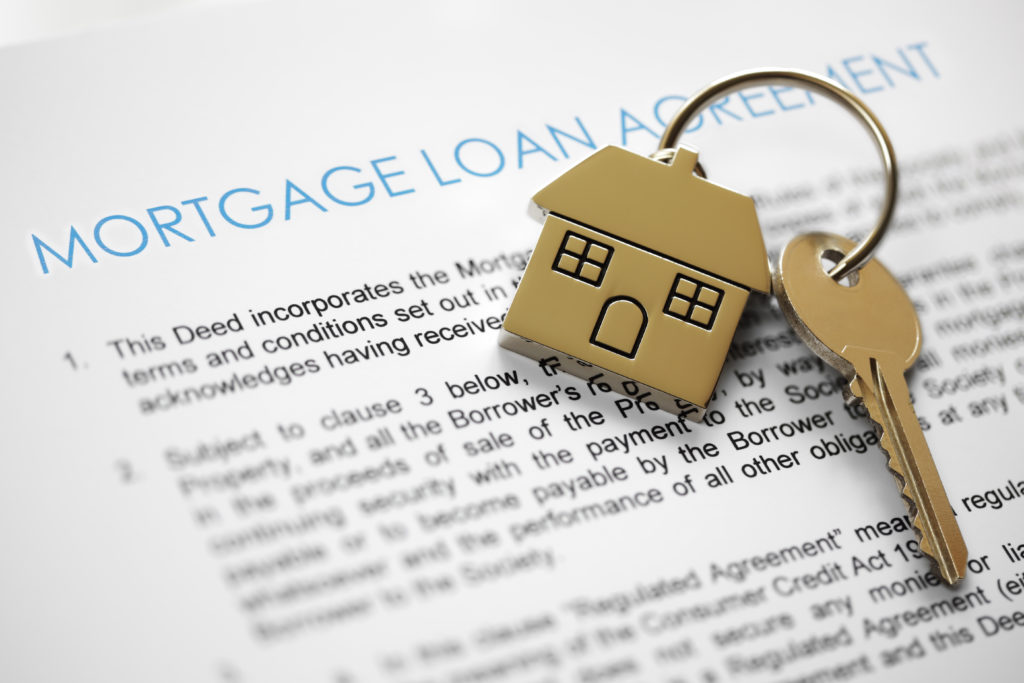Understand The Different Types of Mortgages
Since it’s a loan you receive from a bank to buy your house, you’ll usually repay the mortgage with interest over a certain period of time. Understanding every detail of your mortgage will help you pick the one that suits you best. In addition, this information may provide everything you need to know to stop house repossession that may become apparent.
There are different types of mortgages to choose from. To give you a better idea, here are some of the different types of mortgages:
Fixed-rate mortgages
The fixed-rate mortgage is probably the most regular form of a mortgage. Its interest rate remains the same for a set number of years. You can then repay your loan with monthly or yearly payments. This kind of mortgage is best for people who want to live in their homes for many years.
Adjustable-rate mortgages
An adjustable-rate mortgage has a fluctuating interest rate. The rate will change depending on how the market is performing. In some cases, it could be tied to an economic indicator or index that’s relevant to you, such as prime.
Government-backed mortgages
The federal government guarantees this mortgage type to protect lenders. While the process is similar in most cases, you’ll need to meet specific criteria, like your credit score and income. This type of mortgage allows those with less than perfect credit scores to get approved for a loan.
Conventional mortgages
Conventional mortgages are the type of loans you’ll find with most banks, online lenders, and credit unions. They’re not guaranteed by government insurance, so the lender will need a more significant down payment for you to qualify. You also need to present assets, as well as proof of income and employment.

Find A Reputable Lender
Finding the right lender will be the foundation of getting a reliable mortgage. Like any other financial plan, you’ll want to get decent information from the lender. It’ll help you avoid unnecessary losses that could lead to property repossession.
So, what are the qualifications a lender possesses? Here are some of the things you’ll want to consider:
Credibility
A lender should have a good reputation. That means they have a dependable track record when offering home loans. It’ll be best to ask them for references to see if their past clients were satisfied with the service they received.
Extensive experience
Extensive experience means that a lender has years of experience in the industry. They should know to determine your type of loan, along with rates and total repayment amounts. Aside from that, they should know the best way to arrange your mortgage and make the process hassle-free.
Good customer service
You want to work with a lender that offers excellent customer service. That means they’ll walk you through the process and do everything to help you out. They should answer your questions and provide any assistance if needed. You can search online reviews and ask one of their past clients about the quality of customer service they offer.
Trustworthiness
One of the best ways to find a reputable lender is through word-of-mouth. Your friends, family members, and colleagues may recommend you a good lender they’ve worked with in the past. This may give you an idea of the lender’s authenticity.
Compare Mortgage Rates
These days, you have a broad range of mortgage rates to choose from. You can get an estimated mortgage rate with less than perfect credit with many banks. It’ll give you an idea of how much you’ll pay every month if you get approved for a loan.
Every lender has its own criteria to determine what kind of rate they’re willing to offer you. It’s worth shopping around to find the best interest rates and make sure that you’re getting the best deal for your loan. By comparing mortgage rates, you can save money while protecting yourself from house repossession.
Be Mindful Of Fees
When there’s a fee in the loan process, it’s best to ask about it. It could be for processing charges, appraisal fees, or underwriting fees. Know your rights in getting the service you’re entitled to free of charge.
Read all the fine prints and see to it that you aren’t missing anything before signing the contract. It’ll be best to avoid any lender who offers lower rates without printing disclaimers or waivers in their agreement.
Conclusion
Getting a mortgage is a major commitment and a significant financial responsibility, so you want to ensure you’re making the right choice. Once you’ve selected the right mortgage that fits your needs and requirements, the process will be easy for everyone involved.






